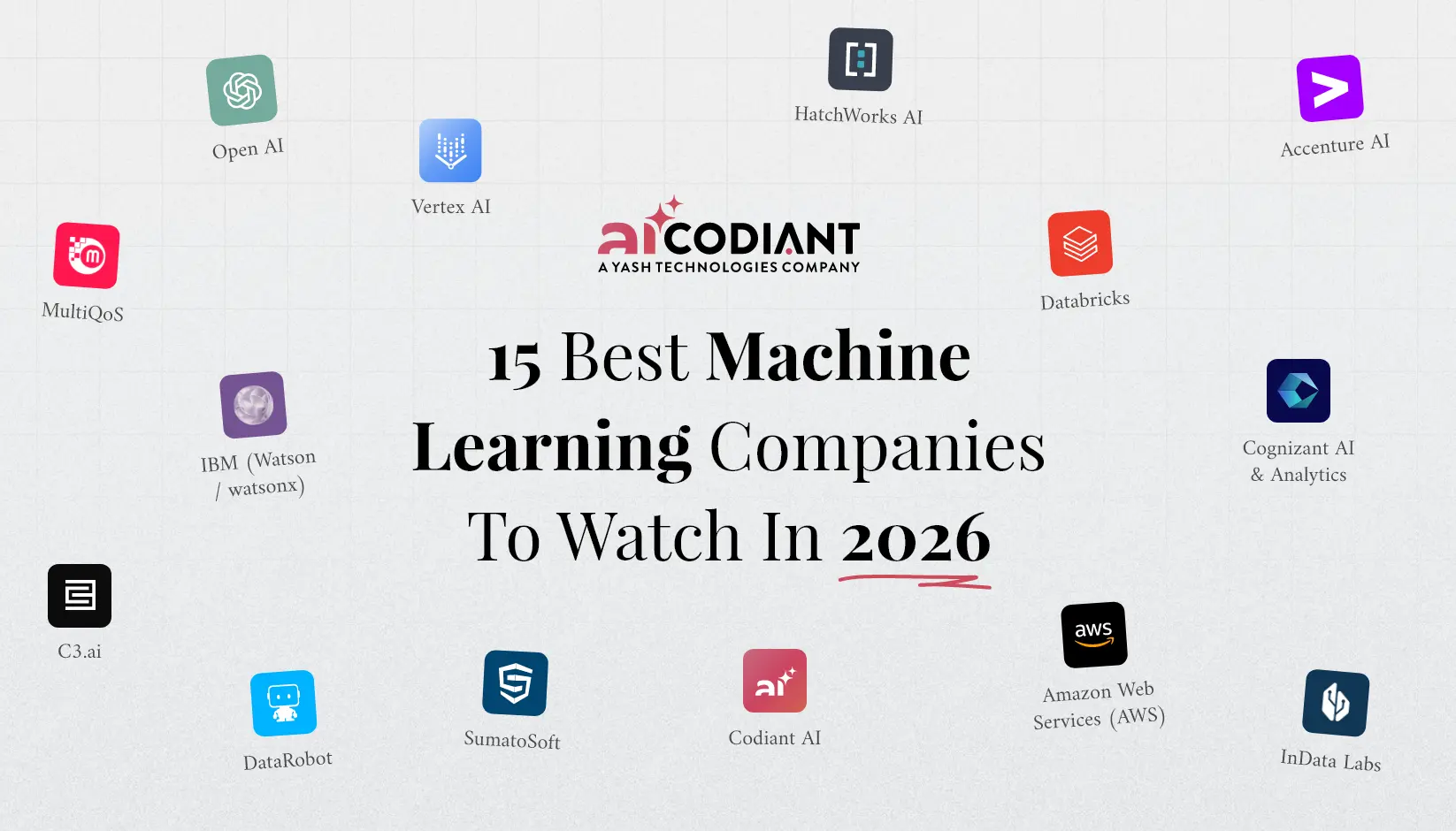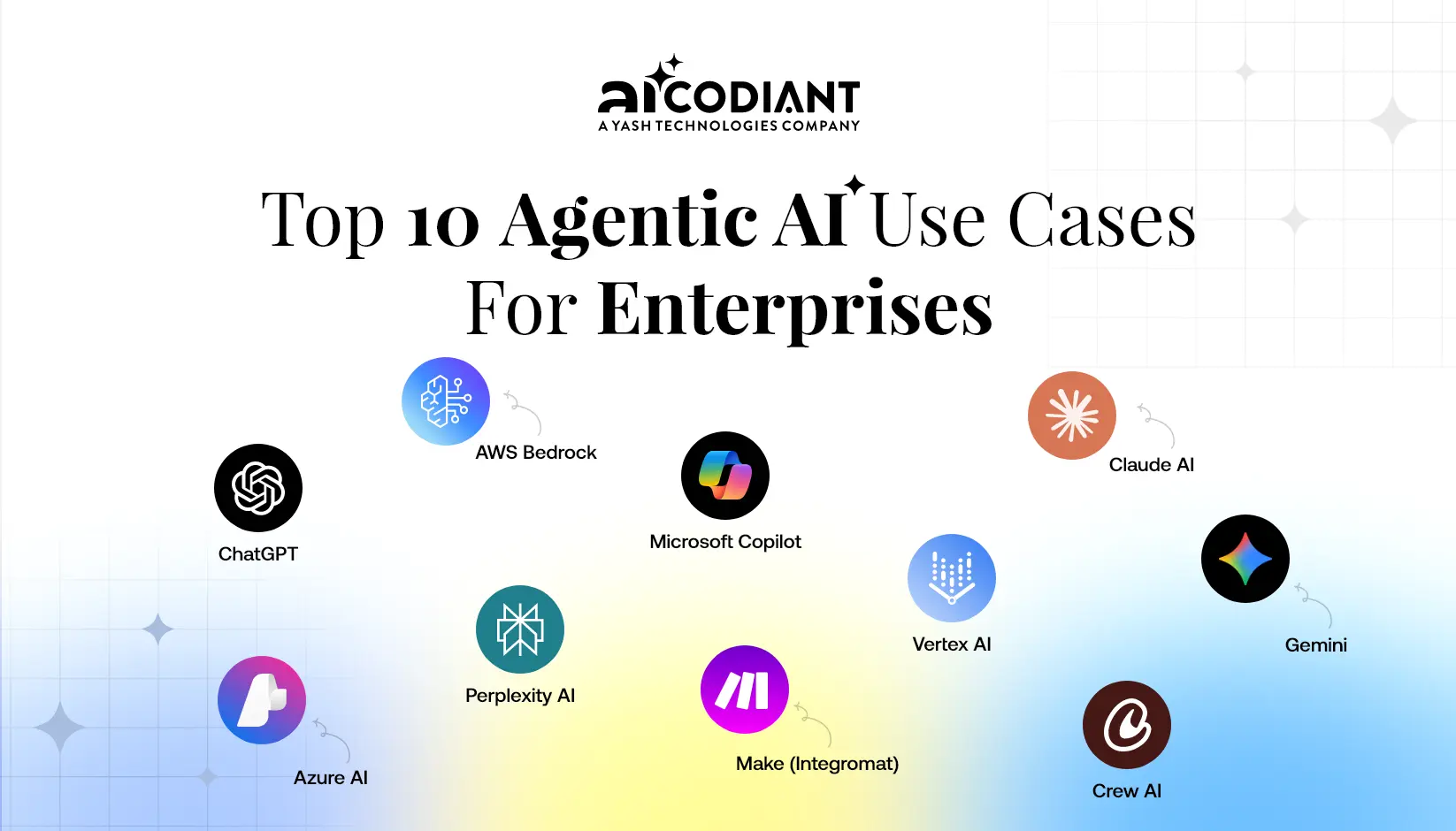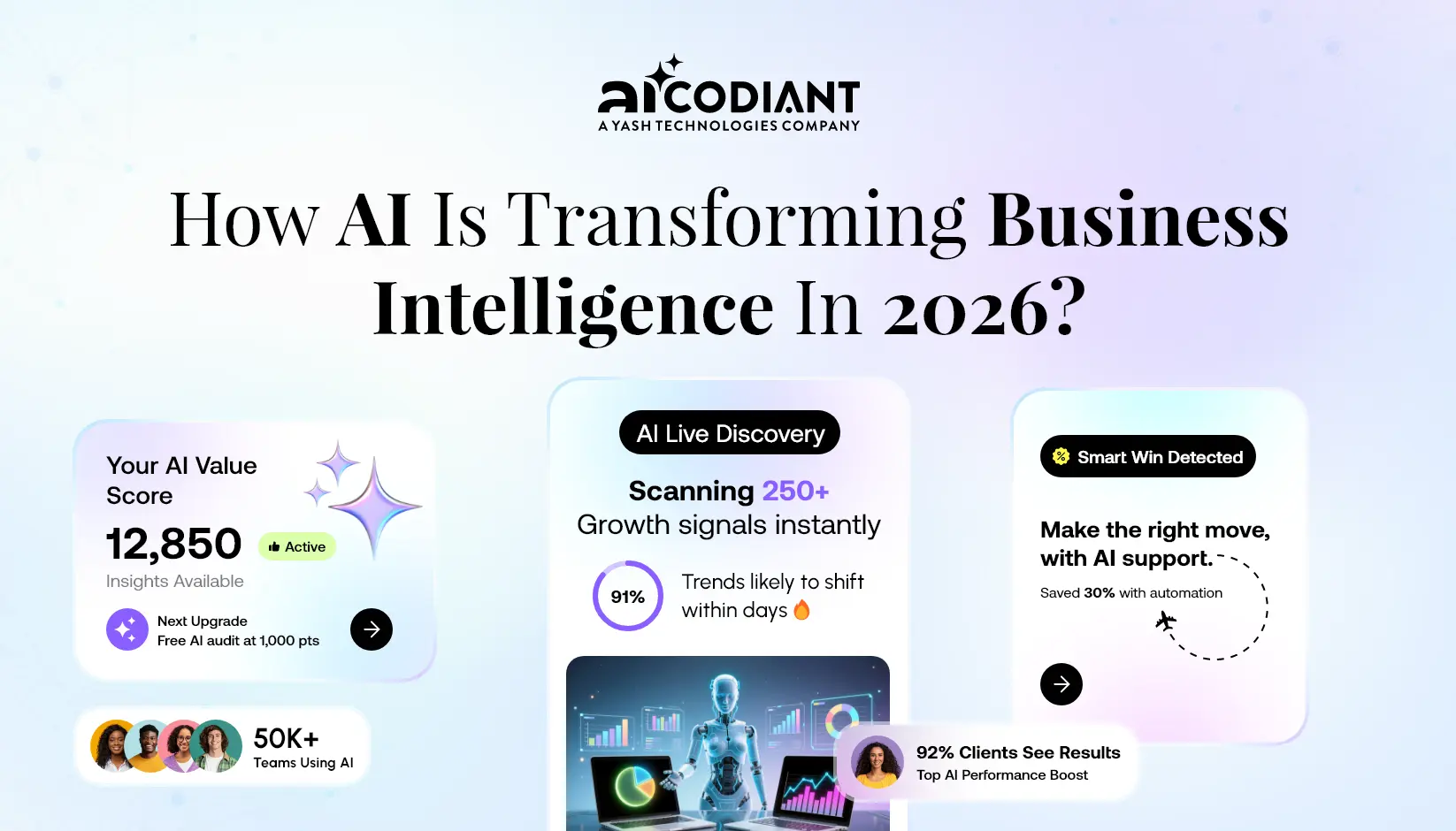AI-Powered Telemedicine: Must-Know Apps and Cost Breakdown
Table of Contents
Subscribe To Our Newsletter
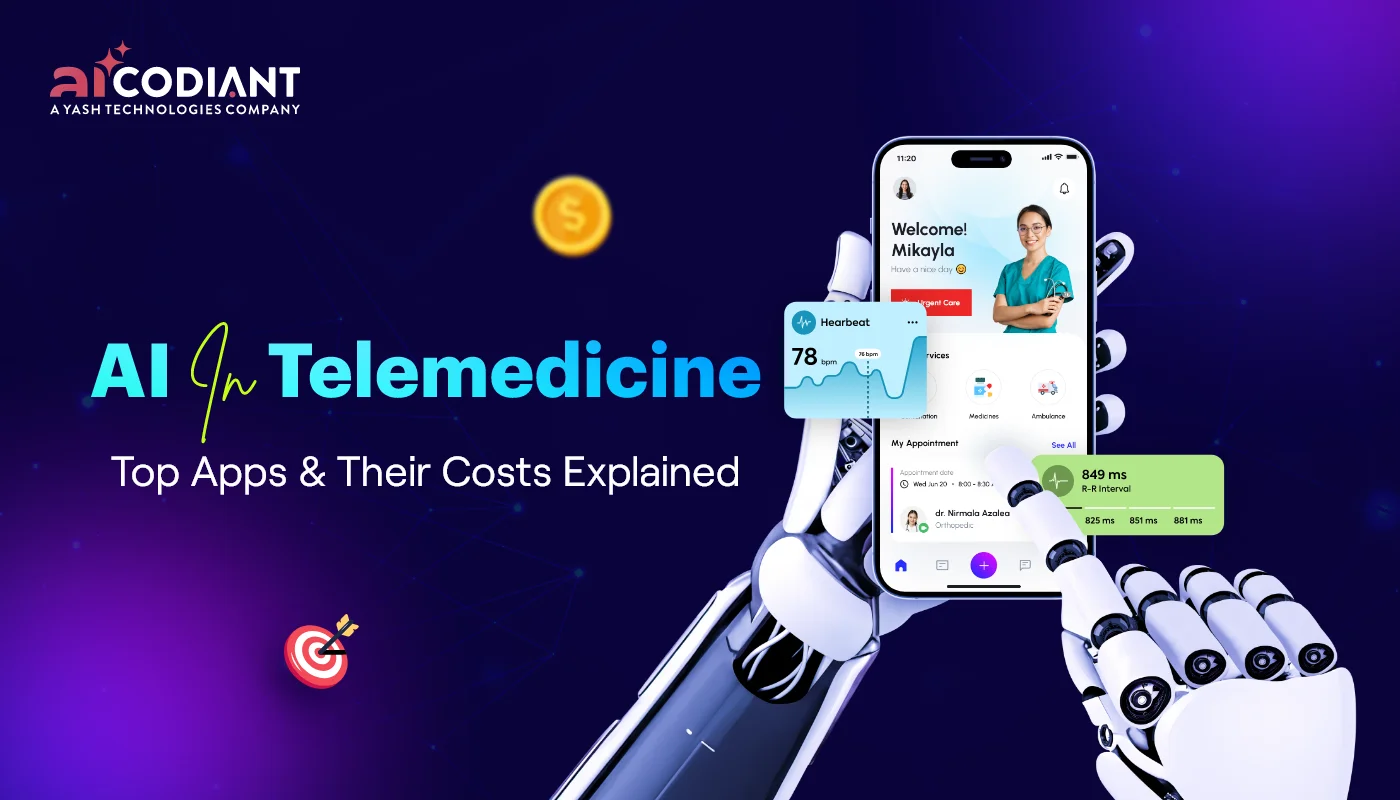
Ten years ago, the idea of consulting a doctor through your phone or laptop seemed like a backup option. Today, it is often the first choice for millions. Telemedicine has quietly become a mainstream way to access healthcare. You can video call your physician, upload your reports & get a prescription without stepping outside your home.
But the real revolution is happening now with AI in healthcare telemedicine. Artificial Intelligence is not just automating routine tasks; it is giving doctors superpowers. Imagine an app that listens to your symptoms, compares them against thousands of cases in seconds & tells the doctor the most likely causes before your call even begins. Or think of a system that monitors your oxygen levels overnight and alerts you before things get serious. That’s not science fiction anymore. It’s happening right now.
This blog will take you through the rise of AI in telemedicine. We’ll cover the role AI plays in consultations, real-world apps that already use these technologies, what it costs to build such apps & where the future is headed.
Why Telemedicine Needed AI in the First Place
Telemedicine grew fast especially during the pandemic. But it had its weaknesses. Doctors faced overloaded schedules patients sometimes waited hours for virtual slots & critical information often got lost in messy medical histories.
Some common challenges included:
- Doctors manually scanning long medical records before every call.
- Misdiagnosis risks when patient descriptions were vague.
- Patients in rural areas struggling to explain their symptoms without proper tools.
- Limited ability to monitor patients after the video call ended.
That is where AI applications in telemedicine started gaining ground. Rather than replacing doctors AI acts like a powerful assistant working efficiently in the background to speed things up reduce errors & make care more accessible.
How AI is Transforming Telemedicine in Healthcare
AI-Powered Symptom Checkers
When you open apps like Babylon Health or Ada, the first interaction is often not with a doctor but with an AI bot. It asks questions, learns about your condition & creates a structured report. By the time the doctor joins, half the work is already done.
This highlights the role of AI in virtual healthcare consultations, where machine learning helps reduce guesswork and ensures doctors begin with clear, reliable data. Patients also feel more confident because they’ve already completed a guided check before seeing a professional.
AI in Remote Diagnostics
Doctors often rely on X-rays, CT scans, or blood test reports. Reading these takes time & errors are possible when doctors are rushed. AI can scan thousands of images in seconds and highlight suspicious areas.
For example, Qure.ai, an Indian startup, uses AI to detect lung infections and brain injuries from radiology images. In many hospitals, doctors now depend on AI’s “second opinion” before confirming their findings.
AI-Backed Remote Monitoring
Wearables like Fitbit or Apple Watch can track vitals 24/7. When connected to AI-driven telemedicine solutions this data becomes a lifesaver. Instead of waiting for symptoms to worsen doctors can step in early.
A patient with heart issues can wear a device that tracks rhythms & warns of irregularities. The alert doesn’t just go to the patient – it reaches the doctor too making telemedicine a real-time service instead of a scheduled appointment.
Smarter Consultations with AI
Doctors often balance listening to patients while typing notes, which can interrupt care. With AI, consultations feel smoother and more efficient. Smart tools transcribe conversations, suggest prescriptions, and flag side effects. Supported by healthcare AI agents, patients leave feeling confident, heard, and less rushed.
Predictive Healthcare with AI
The most powerful change is predictive care. By analyzing years of patient data, AI can forecast future risks. For example, an app may predict that a diabetic patient is at risk of kidney disease within two years if current trends continue. This gives both patient and doctor a head start in prevention.
Benefits of AI-Driven Telemedicine Solutions
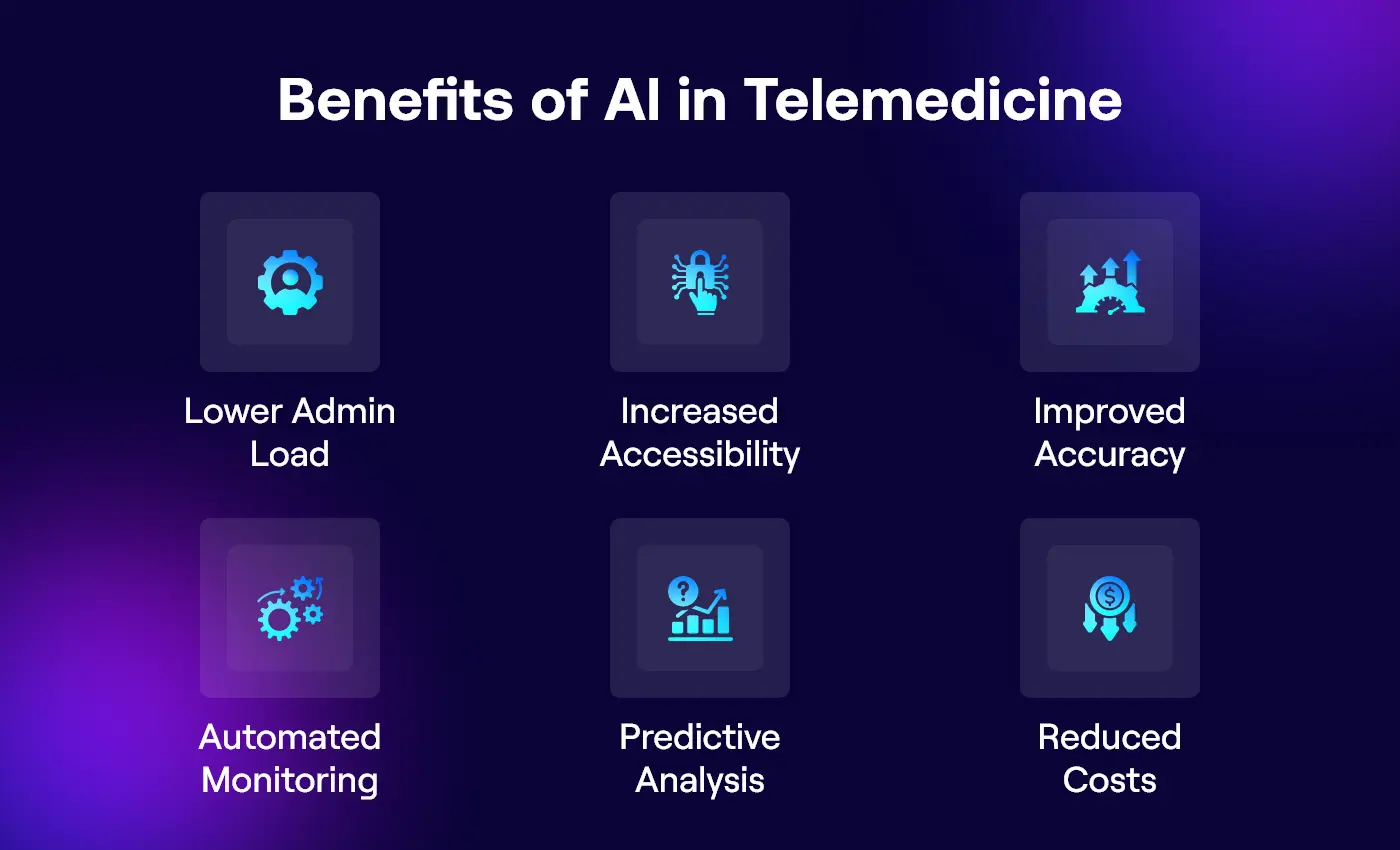
Let’s pause and look at why hospitals and startups are investing heavily in telemedicine with AI integration:
- Speed: Diagnosis and triage happen faster.
- Accuracy: Doctors make decisions with AI-backed evidence.
- Scale: A single doctor can serve more patients effectively.
- Lower Costs: Clinics save on staffing and admin tasks.
- Patient Trust: People feel safer knowing there’s tech support behind the doctor.
The truth is, AI consulting technologies that improve remote healthcare delivery are no longer ‘nice to have.’ They’re becoming essential.
Real-World AI Telemedicine Apps
Babylon Health
- Offers AI symptom checking and virtual consultations.
- Strong focus on preventive healthcare.
- Pricing: Free in some countries, while premium plans start at $10–$15/month.
Teladoc Health
- A global leader in virtual care.
- Uses AI for data insights and chronic disease management.
- Consultation cost: $55–$75 per visit.
Amwell
- Focuses on mental health, dermatology & urgent care.
- AI triage tools direct patients to the right specialist.
- Average visit price: $79.
Ada Health
- AI-driven health assessment tool.
- Guides patients through structured questionnaires.
- Free version plus optional premium features.
Qure.ai
- Specializes in AI radiology.
- Helps doctors analyze chest and head scans quickly.
- Pricing depends on hospital contracts.
MDLIVE
- Covers behavioral health, dermatology & urgent care.
- AI assists with scheduling and patient-doctor matching.
- Costs $40–$70 per consultation.
These examples prove that AI in healthcare telemedicine is already a reality, not just a buzzword.
Cost of Building a Telemedicine App with AI Integration
One of the most common questions is: “What will it cost to make an app like this?” The answer depends on what you want the app to do. Let’s break it down in plain words:
1. Basic Telemedicine App (without AI)
This is the simple version – just the basics. It usually has video calling with a doctor, the ability to book appointments & upload prescriptions.
Cost range: about $40,000 to $70,000.
2. Telemedicine App with Some AI Features
Here, you start adding a little intelligence. Think of AI powered chatbots application that ask you questions before a doctor call smart system that match you to the right doctor or simple data analysis.
Cost range: around $80,000 to $150,000.
3. Advanced AI-Powered Telemedicine App
This is the premium version. It can connect with wearable devices like smartwatches, give health predictions translate in multiple languages or even scan X-rays using AI.
Cost range: anywhere between $150,000 to $300,000+.
Why Does the Cost Vary?
Several things affect the budget:
- The features you choose – simple apps are cheaper advanced AI tools are costlier.
- The technology used – some AI tools are free while others require expensive licenses.
- Where your app is built – hiring developers in the US or Europe usually costs more than hiring in Asia.
Data security rules – healthcare apps must follow strict privacy laws which adds extra cost.
Breaking Down the Cost of AI-Driven Telemedicine Solutions
| App Type | Key Features | Estimated Cost | Development Time | What Affects the Cost |
| Basic Telemedicine App (No AI) | – Video calls – Appointment booking – Digital prescriptions | $40,000 – $70,000 | 3–4 months | Cheapest option. No AI. Cost may rise if design is complex or if developers are hired from the US/Europe (higher rates). |
| Telemedicine App with AI Integration | – AI symptom checker – AI triage (sorting patients) – Smart scheduling – Basic analytics | $80,000 – $150,000 | 6–9 months | Mid-level. Includes AI to make consultations faster. Costs rise with advanced AI models or use of cloud services (TensorFlow, PyTorch, AWS, etc.). |
| Advanced AI-Driven Telemedicine Solutions | – Wearable device integration – Predictive healthcare alerts – Multilingual AI chatbots – Radiology AI for scans & X-rays | $150,000 – $300,000+ | 9–12+ months | Most expensive. Extra cost comes from AI complexity, strict compliance (HIPAA/GDPR), and integrating devices or advanced medical imaging AI. |
The Role of AI in Virtual Healthcare Consultations
Think about the last time you joined a video call with a doctor. You probably logged in, explained your symptoms, answered a bunch of questions & waited while the doctor took notes. Now imagine if half of that work was already done before the doctor even said hello. That’s exactly what AI in virtual healthcare consultations makes possible.
Here’s how it plays out in real life:
1. Collecting Symptoms Before the Call
Instead of the doctor starting from zero, an AI assistant asks you basic questions ahead of time: “How long have you had this cough? Do you also have a fever? Any chest pain?” By the time you’re face-to-face, your doctor already has a mini health report in front of them. No wasted minutes.
2. Predicting Possible Conditions
AI doesn’t replace a doctor, it empowers them with faster, data-driven insights. For instance, when a user reports symptoms like cough, fever, or body aches, the system can quickly analyze patterns and suggest likely possibilities, much like AI skincare technology does by assessing skin conditions before expert review. The final diagnosis always rests with the doctor, but AI significantly shortens the path to accurate decision-making.
3. Taking Notes During the Session
Most doctors spend a good chunk of time typing notes while you talk. With AI, those notes get written automatically in the background. That means the doctor spends more time looking at you – not the keyboard. For patients, that’s a big deal.
4. Suggesting Next Steps
After the conversation, AI can recommend logical next steps: “Patient may need a chest X-ray” or “Schedule a follow-up in two weeks.” It acts like a smart checklist, making sure nothing gets missed.
5. Personalized Care Reminders
Once the call ends, AI doesn’t just disappear. It sends you reminders – maybe a notification to take your meds, track your temperature, or book your lab test. It’s like having a digital health buddy that keeps you on track between appointments.
Here’s the bottom line: AI makes virtual healthcare consultations feel smoother, faster, and more personal. Patients walk away feeling the doctor truly listened and cared, while physicians gain more time to focus on complex clinical decisions. This shift reflects the broader AI healthcare transformation, where telemedicine enhanced by intelligent tools now feels just as effective as—and in many cases even better than—traditional in-person visits.
The Roadblocks for AI in Telemedicine
Even though AI is bringing a lot of good changes to telemedicine there are still some roadblocks that make it harder to use everywhere:
- Protecting Patient Information: Apps handle very private health data so strong security is a must. If data isn’t safe people will lose trust.
- Accuracy of AI Tools: AI depends on the data it has learned from. If the data is limited or biased the results may not always be correct.
- High Costs: Adding advanced AI features can add more cost. Large hospitals may afford it but smaller clinics often find it tough.
- Tech Awareness: Not everyone is comfortable using apps or digital tools especially older patients. This makes adoption slower in some areas.
- Strict Rules: Healthcare is a highly regulated field. Before AI can be used widely it has to pass many legal & safety checks.
Because of these hurdles the speed of AI in healthcare telemedicine adoption looks very different from one country or region to another.
Read More:– Smart AI Trip Planner App: Features, Pricing & Development Guide
In Summary
The story of telemedicine began as a matter of convenience. But with AI, it has transformed into a reliable, scalable & even life-saving system. The role of AI in virtual healthcare consultations is no longer to assist – it is to ensure accuracy, speed & personalization.
From apps like Teladoc and Babylon Health to advanced AI radiology tools like Qure.ai, the examples are clear: the combination of telemedicine and AI is rewriting healthcare delivery.
Yes, challenges exist – from privacy concerns to costs – but the benefits outweigh them. Faster diagnoses, cheaper consultations & improved access to care are reshaping healthcare for the better.
If you’re a healthcare provider start-up or investor the question is no longer “Should we adopt AI?” but “How soon can we start?” Because in the next decade how AI is transforming telemedicine in healthcare will define the standard of patient care.
Is Your Telemedicine Platform Ready for Intelligent Transformation?
Harness AI to deliver faster, smarter and more human virtual healthcare experiences for patients worldwide.
Talk to Our Experts
Frequently Asked Questions
Yes but only to a point. Apps like Ada Health or Babylon can ask you simple questions and suggest what might be wrong. They don’t give a final diagnosis – that still comes from a doctor. Think of it like a nurse taking notes before the doctor enters the room.
It varies by app. For example, Teladoc charges about $60 for a general doctor visit while Amwell can be closer to $80. Some insurance plans even cover these visits which means you might end up paying less than you would at a clinic.
Most apps work anywhere you have internet. In fact, AI is especially useful in rural areas where doctors are hard to find. For example, Qure.ai’s AI X-ray tool is already being used in smaller clinics in India to help doctors catch lung issues faster.
AI is not perfect it can sometimes miss things. That’s why these apps always keep a doctor in the loop. The AI only prepares the ground; the doctor reviews and confirms everything. If an app doesn’t involve a real doctor it’s not safe to use.
Many don’t build from scratch. They use white-label telemedicine platforms or partner with AI providers who already have the technology. For example, a small clinic might pay a monthly fee to use an existing AI tool instead of spending $150000+ to build their own app.
Featured Blogs
Read our thoughts and insights on the latest tech and business trends
Top 15 Machine Learning Development Companies in 2026
- February 26, 2026
- Machine Learning
Machine learning is no longer something only big tech companies use. In 2026, businesses of every size are using machine learning to predict demand, reduce costs, detect risks & make better decisions faster. But here’s... Read more
10 Agentic AI Use Cases Powering Enterprise ROI in 2026
- February 20, 2026
- AI Agent Development
In a Nutshell: Agentic AI goes beyond traditional automation by making goal-driven decisions across complex enterprise workflows. In 2026, enterprises are adopting agentic AI for measurable ROI, not experimentation or pilots. Agentic AI use cases... Read more
AI in Business Intelligence- The 2026 Roadmap to Data Dominance
- February 16, 2026
- AI-Powered Data Analytics
Business intelligence was built to bring clarity to complex businesses. Dashboards, reports, KPIs and scorecards were meant to help leaders see what was happening and make informed choices. In practice, most BI systems still focus... Read more
